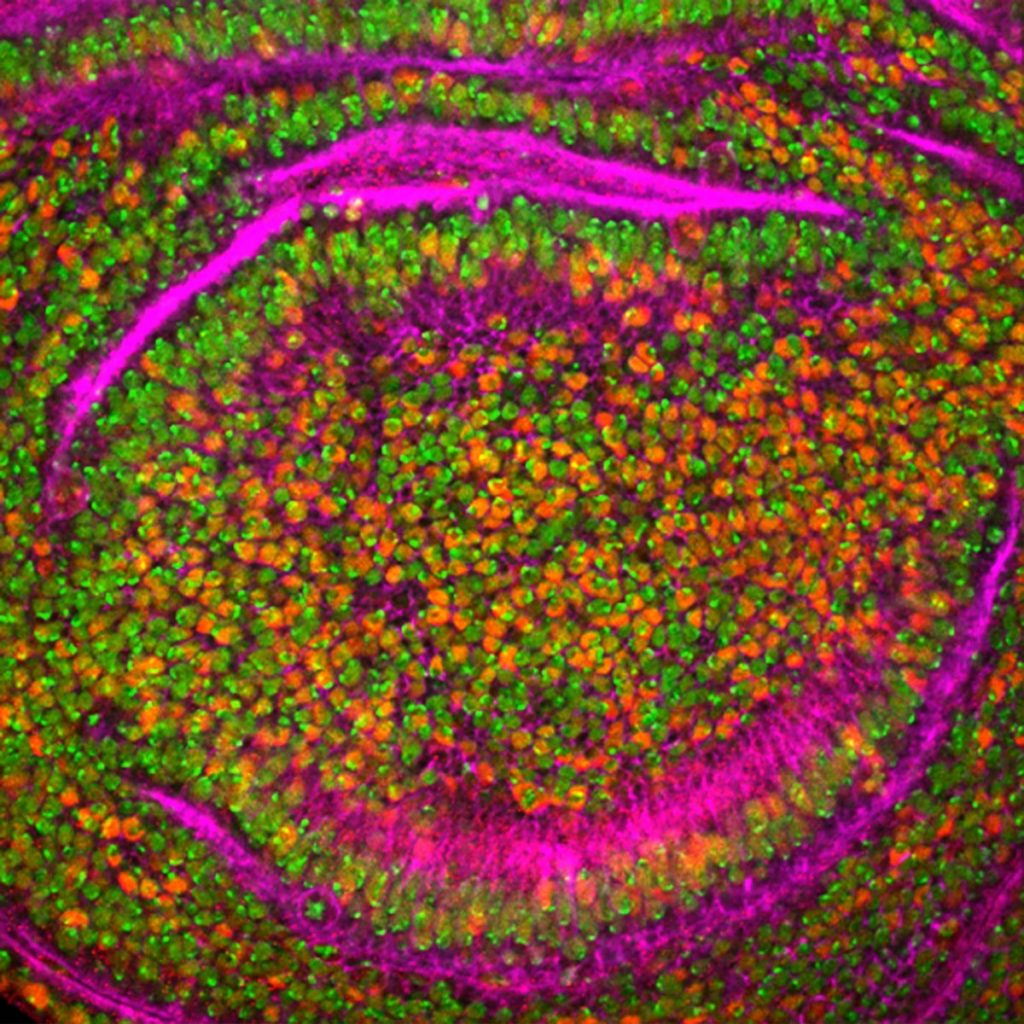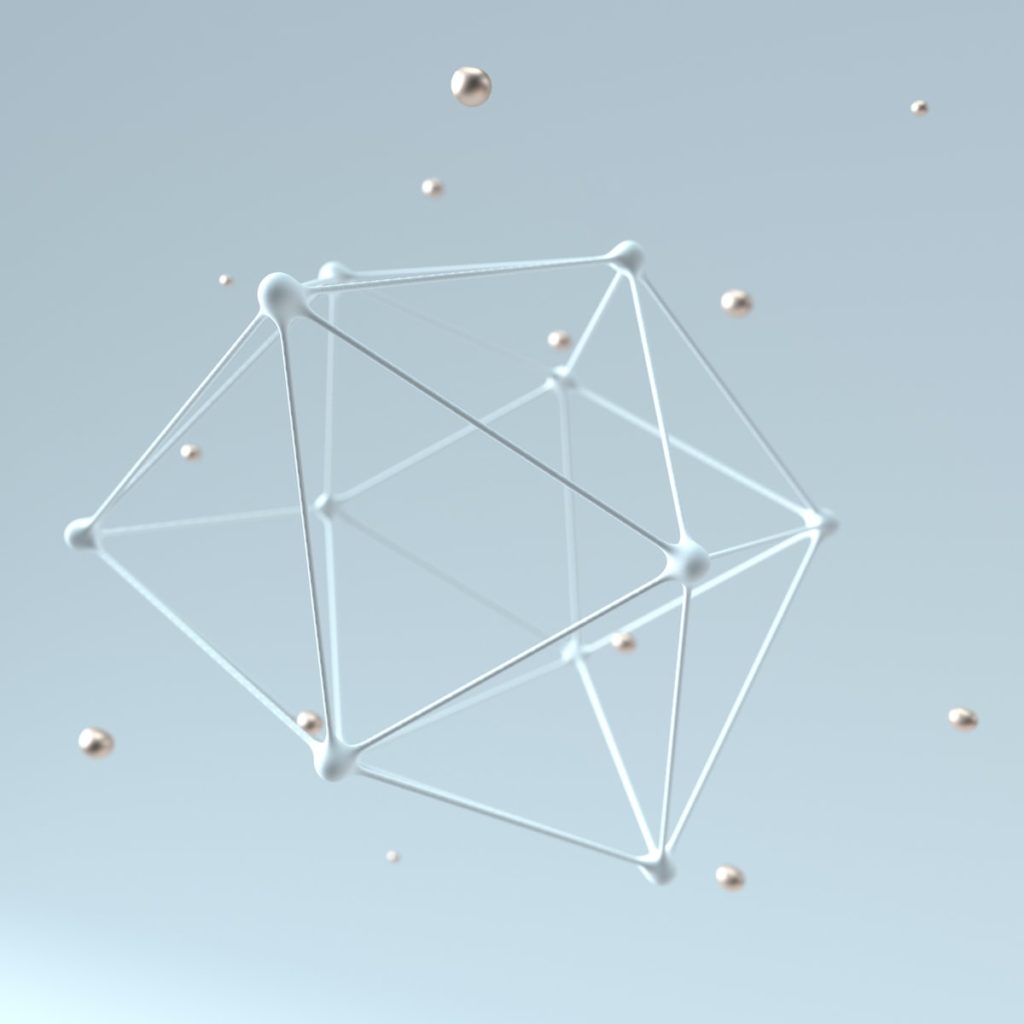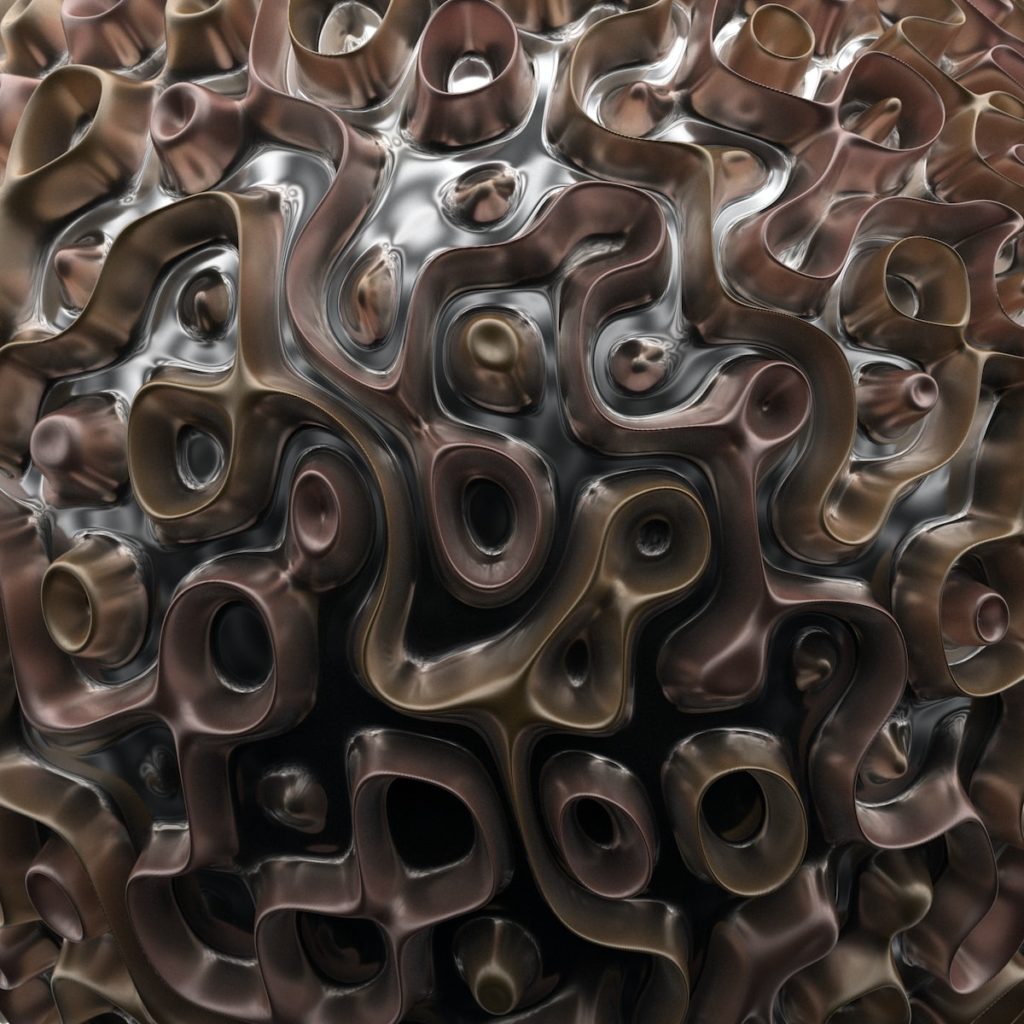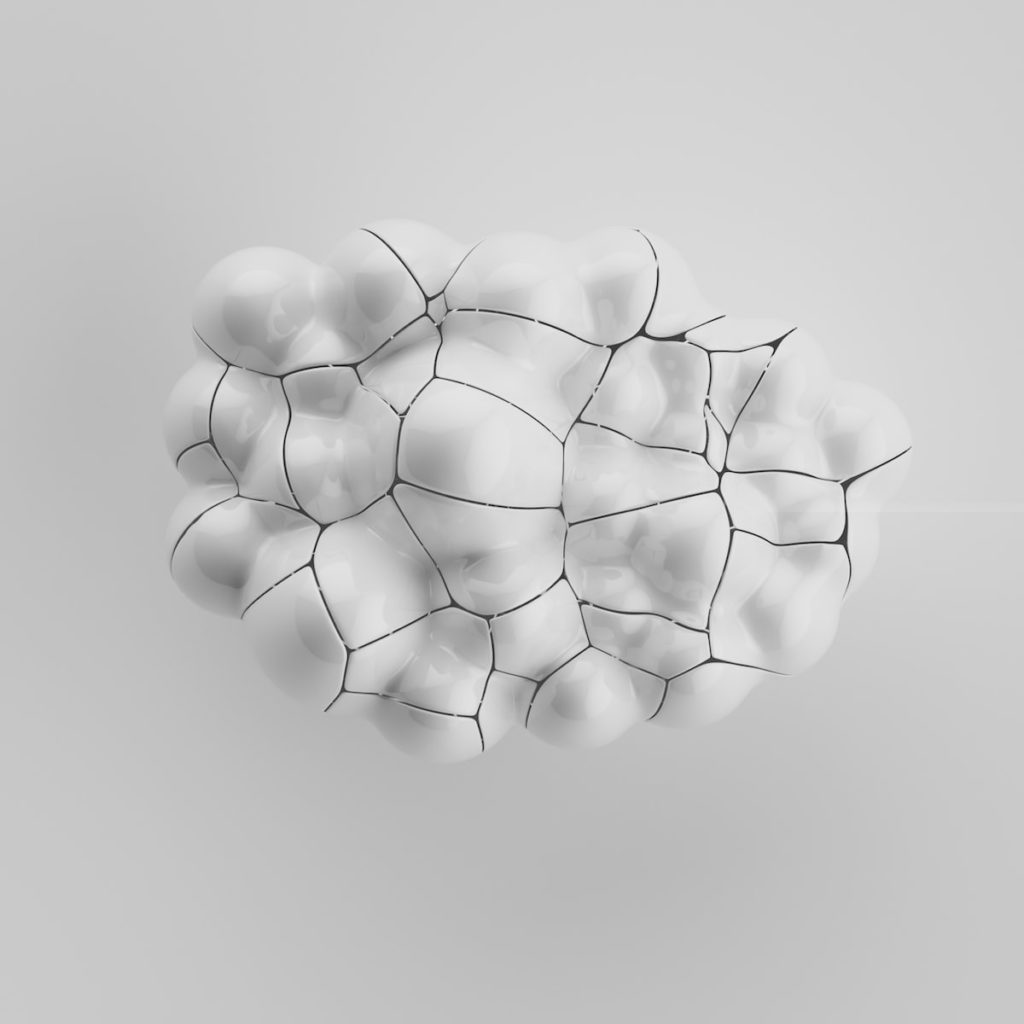Research
The irreversibility cost of purifying Szilard’s engine: Is it possible to perform erasure using the quantum homogenizer?

Abstract
Erasure is fundamental for information processing. It is also key in connecting information theory and thermodynamics, as it is a logically irreversible task. We provide a new angle on this connection, noting that there may be an additional cost to erasure, that is not captured by standard results such as Landauer’s principle. To make this point we use a model of irreversibility based on Constructor Theory – a recently proposed generalization of the quantum theory of computation. The model uses a machine called the “quantum homogenizer”, which has the ability to approximately realise the transformation of a qubit from any state to any other state and remain approximately unchanged, through overall entirely unitary interactions. We argue that when performing erasure via quantum homogenization there is an additional cost to performing the erasure step of the Szilard’s engine, because it is more difficult to reliably produce pure states in a cycle than to produce mixed states. We also discuss the implications of this result for the cost of erasure in more general terms.



